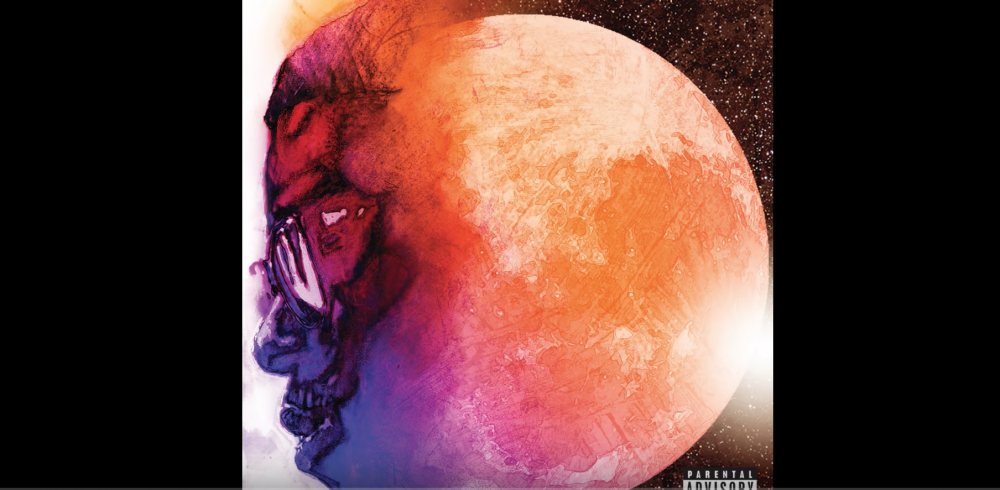My first year of middle school, in 2009, I started getting into rap music. I would steal my brother’s old iPod shuffle before school and make my way through the artists in alphabetical order. One morning, I found someone new: Kid Cudi.
I had no idea what I was about to discover, but I’ll never forget the feeling of comfort I had when I first heard his music. And with his debut album, Man on the Moon: The End of Day, turning 10 years old, I thought it warranted a second look at how special it is.
Before dropping out of college, the Ohio-born Scott Mescudi went to the University of Toledo for one year to study film. It must’ve paid off; the album is orchestrated like a thoughtfully-produced movie. It is divided into five “acts,” and is narrated by Common, who also has a verse on “Make Her Say.”
When it comes to production, Cudi got assistance from his mentor, Kanye West. And Yeezy didn’t let him down – churning out moody yet upbeat instrumentals with help from bands MGMT and Ratatat on certain tracks.
[Read more: Review: Grace VanderWaal’s Ur So Beautiful Tour delivers youthful energy to the 9:30 Club]
The psychedelic nature of some of the tracks draws comparisons today to Travis Scott’s Astroworld. But it should come as no surprise that Man on the Moon served as inspiration for his Grammy-nominated album.
“Kid Cudi is really one of the main dudes I looked at and listened to all the time,” Travis said on Hot 97 in 2016. “He saved my life.”
This sentiment is echoed by many, including SNL’s Pete Davidson, who says he would’ve committed suicide if not for Cudi’s music.
While I wouldn’t say Cudi saved my life, I see exactly where they are coming from. Man on the Moon tells the story of bravery in the face of fear and sadness, which is easy to apply to anything you’re going through, no matter how trivial.
Cudi dropped this album in a hip-hop culture that was full of braggadocio. Some of the first hip-hop songs I heard were 50 Cent’s “Candy Shop” and Jim Jones’ “We Fly High,” two tracks whose themes boil down to having sex and being cool.
[Read more: Review: Seventeen’s new album ‘An Ode’ is an electronic explosion]
Man on the Moon was different. Kid Cudi made it feel like it was ok to be self-conscious, to be self-deprecating, to be vulnerable. He was curbing toxic masculinity before the term had even become mainstream. I was used to rappers talking about how they could get girls, but Cudi went beyond that, and he did it with immaculate songwriting. It was so refreshing.
In a 2015 TED Talk that he delivered at his old high school, Cudi reflected on the process of making that album and on his career, ending with some advice to the students.
“Life will throw you a shit ton of curveballs, it’s scary,” he said. “But if you believe, if you want it, and if you want to work hard, it can be so. Because there’s no difference between you and me.”
That sentiment is exactly why I — and countless others — gravitated toward Man on the Moon: The End of Day. There was no difference between Cudi and ourselves. He was one of us.



